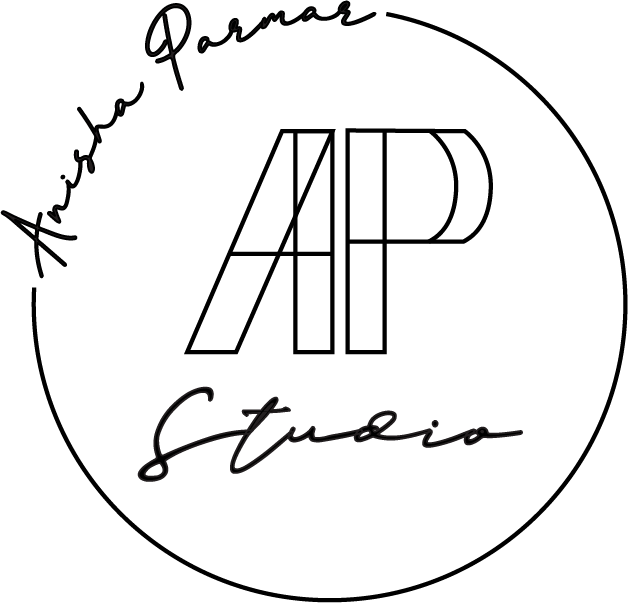This new blog series is all about navigating life as a dyslexic brown woman, and I’ll be talking to people across the community about their experiences. (Read Hena's story here)
I wanted to share more about my story below….
“I’m the only one who doesn’t get it…”
This was a common thought I had at school. I remember looking around the classroom while a teacher was explaining something, and seeing other students get it immediately.
I remember the frustration, and the many tears I held back, because things always seemed to take longer to ‘click’. I always felt like I was a step behind, and needed to work so much harder than my peers to achieve the same results.
“I’m not DUMB”
…was my first response, when a teacher made a throwaway comment about how I might be dyslexic. I can still recall the hurt I felt then when she said “Anisha, you’re handwriting is so messy! I think you might be dyslexic,” but provided no other insights into what that could mean.
Not only did I feel hurt, I felt confused; my grades were good and my only understanding of dyslexia was that it meant I wasn’t ‘normal’ and was ‘slow’.
In hindsight, I wish this teacher had taken the time to delve into what dyslexia is and what actions I can take to navigate this diagnosis. But then the other questions arise: would my family have understood or also thought I was dumb? Would I have been supported through the diagnosis? Would I have been emotionally and mentally strong enough to handle the process?
Old feelings bubbled back up last year
I left school in 2008, and it was only in 2022 that I decided to revisit this potential diagnosis.
I started exploring doing a PhD last year, and it was during the process of writing my proposal that I started to feel a familiar sense of discomfort. The thought of going back into academia didn’t feel quite right…in fact, I felt scared.
My brain was overwhelmed at the thought of all that academic reading, quoting and essay-writing. I could feel all those insecurities of being behind, slow and simply ‘not enough’ coming back to the surface.
It was the push I needed to do a self-funded test for dyslexia and visual stress - and it turns out I have both!
Getting a diagnosis felt like the biggest exhale
I felt like I could let go of all these coping mechanisms and the subconscious extra work my brain was doing to maintain the front I’d put on for years. For the first time in a long time, my brain felt at ease.
I understood that for me, having dyslexia means I need to give myself more time to process. I get tired and overwhelmed more quickly than the average person when it comes to reading and writing, and I sometimes muddle up numbers and letters.
Many people still don’t get it
When I started telling my parents and family, it was easy to see that there was still no understanding of what dyslexia actually is.
“Anisha, if you tell yourself you have dyslexia, then you’ll make yourself believe it…just ignore it!”
“I’m really clever Anisha, it can’t be hereditary”
That was enough to show me the lack of understanding in the South Asian culture around this disability - especially among older generations.
They of course faced challenges I’m privileged enough not to face - working so hard to provide, living the immigrant life in a more challenging environment - and so perhaps didn’t have the mental bandwidth to even consider anything was different, let alone pursue a diagnosis.
I can’t even imagine explaining what dyslexia is to my late grandparents!
For me, a big part of shifting these perceptions is to raise awareness around it, and that’s why I wanted to start this content series.
To wrap up, while I’m still working to understanding exactly what being neurodivergent means for me, here are some of the things I’ve learnt so far:
- Admin days are hard and exhausting: So I’ve started blocking out more time in my calendar just to read and write emails
- Processing takes longer: I need to remind myself to breathe, take a moment, and pause as much as needed until things land and make sense. Going at a working pace that aligns for me is really important.
- Techniques like mind-mapping, drawing and voice-noting help me process better than writing
- It’s okay to make typos on Instagram!! People are forgiving
- There are positives - I listen to my gut more, feel things more deeply, use create thinking to solve problems, and use my art to communicate instead of words!
I’ve only taken a few steps on the path of this journey, so I’ll be learning a lot along the way. Stay tuned to find out more about life with dyslexia, as well as stories from other people within the community! Read the first instalment with Hena's story here.














